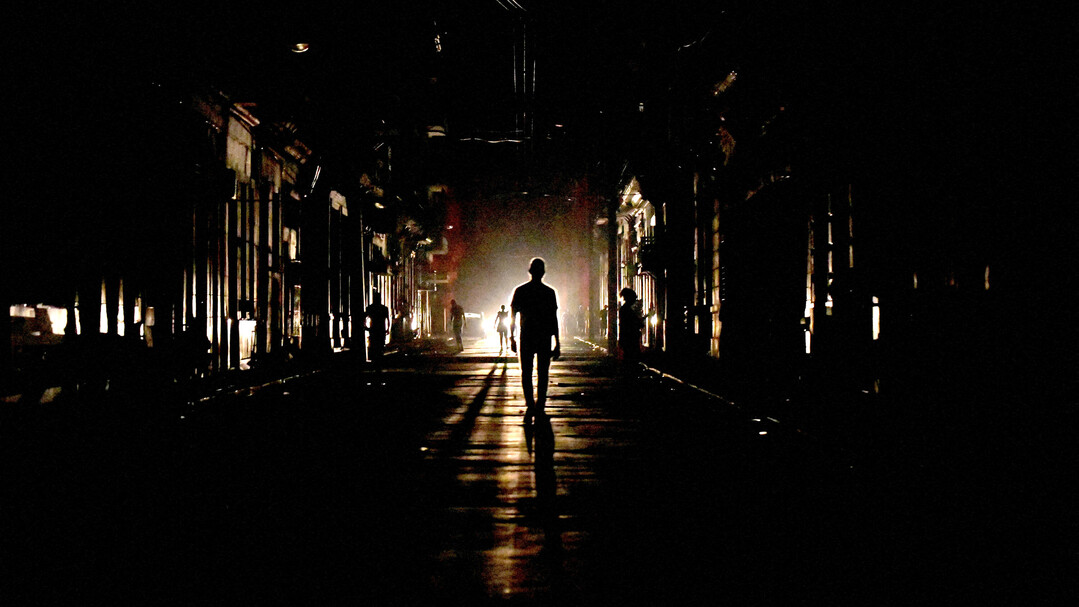
[GLOBAL ECONOMIC TIMES] This Friday, Cuba suffered a total outage of the electrical system as a result of the shutdown of its main thermoelectric plant, reported the Ministry of Energy and Mines, in a context of "energy emergency" in the country.
“The system was left without power throughout the country,” after the unforeseen shutdown of the Antonio Guiteras thermoelectric plant, Lázaro Guerra, general director of Electricity of the Ministry of Energy and Mines, told state television.
On Thursday, the government announced the cessation of work activity in the state sector, among other measures to confront the crisis that in recent weeks has left the population of several provinces without electricity for up to 20 hours in a day.
Guerra specified that when the thermoelectric plant went out of service, “the system collapsed, that is, it has been at total zero since that time,” and that the government is working to restore service as soon as possible.
President Miguel Díaz-Canel said in his account on X that “there will be no rest until its restoration,” and that the government dedicates “absolute priority to the attention and solution of this highly sensitive energy contingency.”
Díaz-Canel highlighted on Thursday on the same social network that the island faces an “energy emergency” due to problems acquiring fuel to feed its energy system, due to the tightening of the embargo that Washington has applied against the island since 1962.
Faced with the “energy emergency”, Prime Minister Manuel Marrero announced the paralysis of all state work activities that are not essential, in order to prioritize service to homes.
Cuba registered almost a 50% deficit in electricity generation on Thursday.
On the island, electricity is generated through eight worn-out thermoelectric plants that in some cases have breakdowns or are under maintenance, as well as seven floating plants - which the government rents to Turkish companies - and generator sets.
All of this infrastructure mostly requires fuel to operate.
The island is experiencing its worst crisis in three decades with shortages of food, medicine and chronic blackouts that limit the development of productive activities.
[Copyright (c) Global Economic Times. All Rights Reserved.]






























